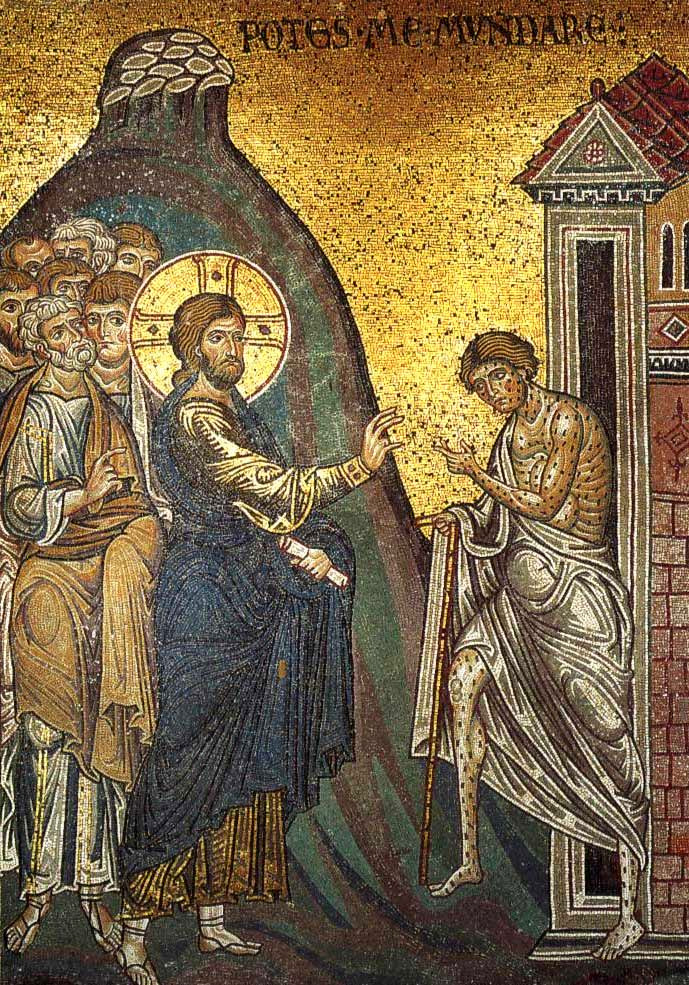
This one was written by Grant Wishard.

As coronavirus continues its scary march around the world, it has been fascinating to watch how frequently the tragedy of the disease intersects with matters of faith.
South Korea is now reporting hundreds of new cases, many of which originated from a single branch of the allegedly cultish Shincheonji Church of Jesus. One member of the congregation is said to be especially at fault, a 61-year-old woman, who achieved super-spreader status by infecting approximately 40 other people. I feel sorry for her — she must be experiencing an enormous amount of guilt. Don’t we all know and love someone matching her general description? She developed a fever February 10th but managed to attend four church services in the eight days before she was diagnosed. I imagine she gave out a lot of hugs.
Saudi Arabia, meanwhile, has closed Islam’s two holiest sites — Mecca and Medina — to foreign travelers. The annual hajj pilgrimage, which normally draws 2.5 million Muslims, has been canceled. These proclamations were only necessary because, plague or no plague, pilgrims would have continued to visit.
Airports, supermarkets, and all other public places are willingly, immediately abandoned. But worship spaces are different. Unless you lock the door, people will come. Perhaps in even greater numbers.
Italy is also struggling to contain the disease. Pope Francis, who has courageously made a career out of swapping germs with the unwashed masses, is sick with a cold. Liturgy in churches around the world is being adapted — holy water founts are being drained, congregants have been asked not to kiss relics, communion wafers are no longer being given by hand, and the common cup is on hold.
In China, underground Christian churches are risking their safety by donating large sums of money to charities responding to the virus. The country’s Islamic association has donated $4.5 million, despite the government’s persecution of their faith.
There are other examples and other faiths to be mentioned, but the point is that religion and coronavirus are in opposition to one another. Unlike other disasters — hurricanes, famine, war — this infectious disease is strengthened by close community. It is perfectly designed to attack church — a diverse group of people who gather in the same place once a week; take time to “greet one another with signs of God’s peace” by shaking hands, hugging, or kissing every single person in their vicinity; eat a common meal together; and are then commanded to “go forth into the world, rejoicing in the power of the Spirit.”
You gotta be impressed with Satan on this one. He’s really doing his best.
Generally, in serving the widow, there is no risk that you will be accidentally widowed. But serving the plague victim requires that you put yourself, and others, at risk. By threatening community, diseases like coronavirus require a unique form of charity.
As part my (umpteenth) attempt to read the Bible in a year, I am currently enduring a forced march through Leviticus, which devotes whole chapters to infections. “Leprosy,” due to translation choices, is the catch-all term for skin diseases. Many of these diseases must have spread person to person because Levitical law required that victims of leprosy be sent away and quarantined from the people of God:
“He shall remain unclean as long as he has the disease. He is unclean. He shall live alone. His dwelling shall be outside the camp.” (Leviticus 13:46)
After weeks, months, or years of living in isolation, if victims of leprosy somehow managed to be cured, they would go and present themselves to the priest. After a long list of rituals, the priest would finally make physical contact with them. He would dab his finger in blood and mark the lobe of your right ear, the thumb of your right hand, and the big toe of your right foot. Then he would do the same with oil and, after the sacrifices were complete, you would be ceremonially clean.
 Jesus, the “great high priest,” had the ability to heal lepers of their disease. We know that he could have cured them simply through his presence or with his words, but instead he often chose to heal them by touch.
Jesus, the “great high priest,” had the ability to heal lepers of their disease. We know that he could have cured them simply through his presence or with his words, but instead he often chose to heal them by touch.
“While he was in one of the cities, there came a man full of leprosy. And when he saw Jesus, he fell on his face and begged him, ‘Lord, if you will, you can make me clean.’ And Jesus stretched out his hand and touched him, saying, ‘I will; be clean.’ And immediately the leprosy left him.” (Luke 5:12-13)
It is also possible that Jesus performed two separate acts of charity. He healed the leper and he reached out to make physical contact. Jesus offered exactly what this man must have been craving — intimacy — and in doing so made himself ceremonially unclean. Several verses later, Jesus has taken the place of the leper. Luke 5:16 tells us that after the news of this miracle spread, Jesus was forced to withdraw to “desolate places.”
Thankfully, we worship a God who took on flesh and exposed himself to the terror of infections. (Is there any reason to think Jesus couldn’t have contracted leprosy?) We worship a God who cares for our physical maladies and, through his sacrifice, cured the sin that sickens and condemns us all. The spread of coronavirus is tragic, but we believe the Good News will one day spread further.

COMMENTS
2 responses to “A Disease Strengthened by Community”
Leave a Reply













Excellent! Very insightful.
Thanks, Grant for the connection between faith and life!